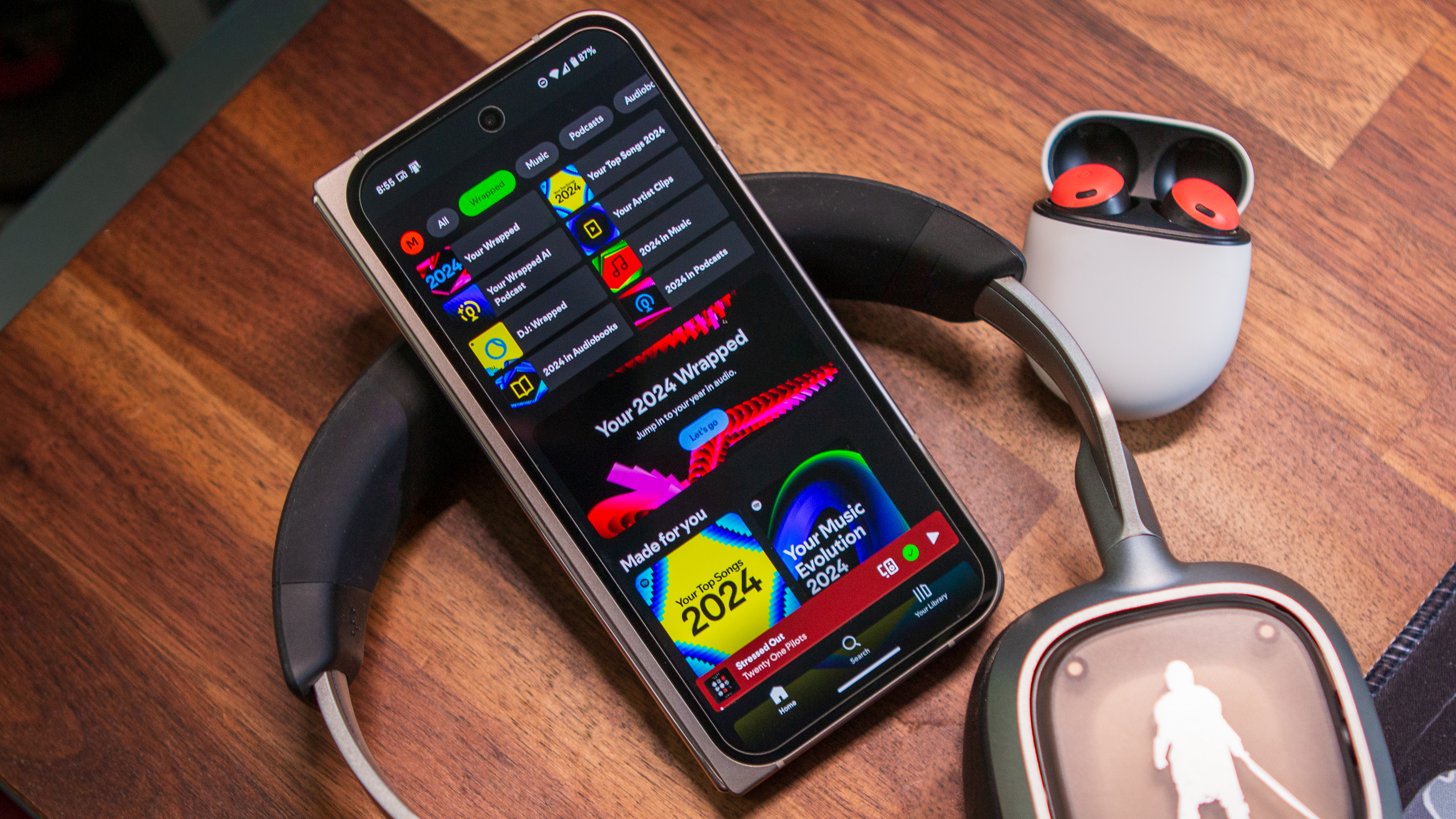Best 5G phones
Get excellent 5G coverage with these excellent smartphones.
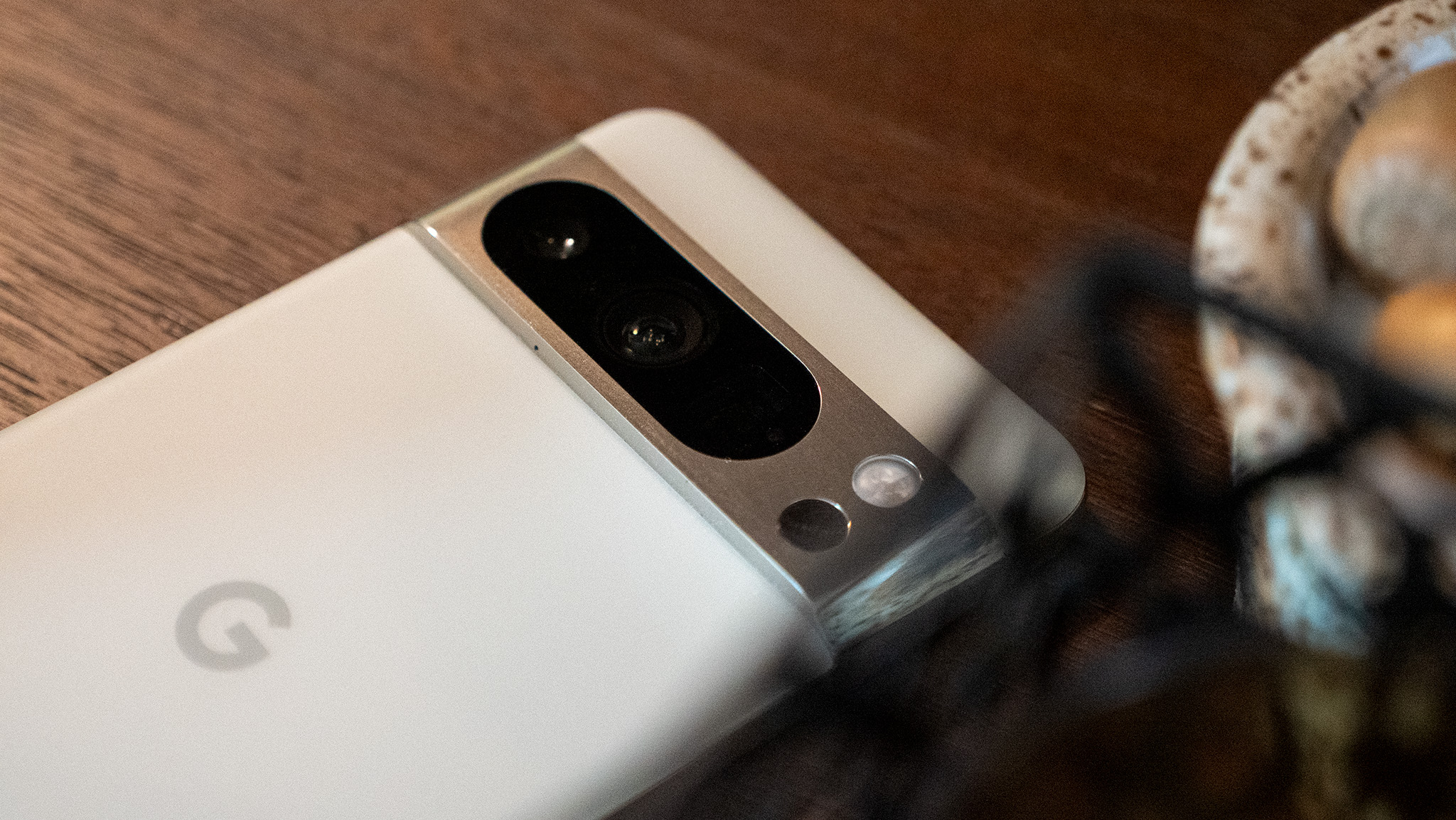
At a glance
1. Best overall
2. Best premium pick
3. Best value
4. Best mid-range
5. Best foldable
6. Best on a budget
How to choose
5G is now pretty much commonplace in most parts of the world, and this means that all the recently launched phones support this high-speed network.
If you want to make the most of your phone plan and network, there's no better way than investing in one of the devices below. In addition to 5G compatibility, every phone on this list comes packed with great performance, battery life, and the Android Central seal of approval.
The Google Pixel 9 Pro earned the top spot for its expert blend of 5G support and some of the most advanced AI hardware on the market, but it's far from the only option worth considering. No matter which phone you choose, you can rest assured you'll be enjoying excellent 5G coverage wherever you go.

Patrick is a no-nonsense deal hunter with over 10 years of experience in the eCommerce space. Whether you’re interested in a new wireless carrier, smart home device, or Android phone, Patrick combines hands-on research with practical shopping advice to get you the answers you need.
At a glance
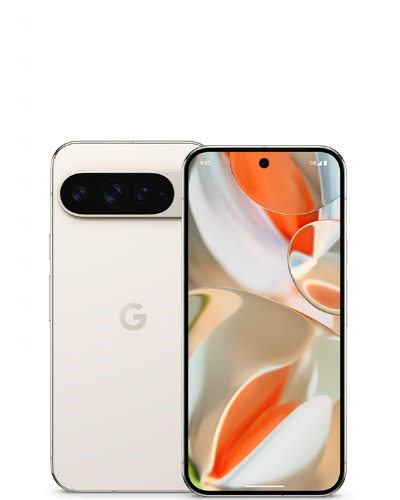
Best overall
Complete with a refreshed design, powerful Google Tensor G4 processor, and some of the best cameras in the biz, the Google Pixel 9 Pro is one of the best phones in 2024.
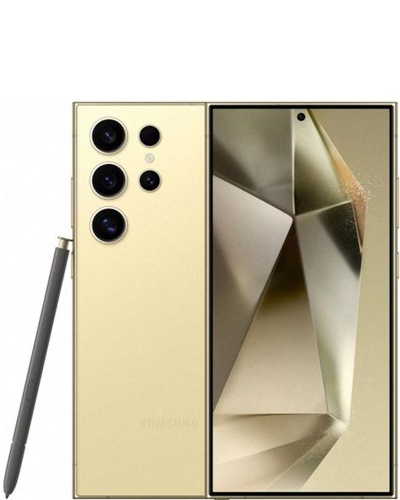
Best premium pick
If you can afford it, the Samsung Galaxy S24 Ultra is one of the most powerful phones on the market, complete with a new Snapdragon processor and great AI-powered features.
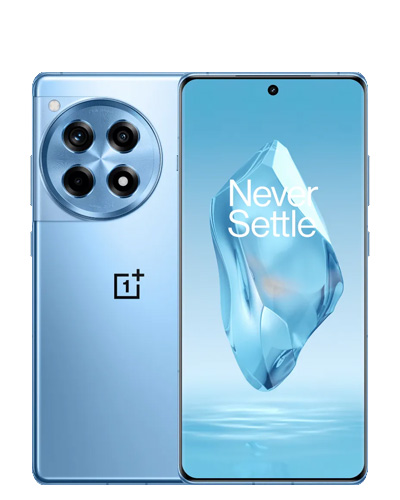
Best value
The OnePlus 12R has an incredibly accessible price tag, flagship specs, and the fastest-ever charging in this segment. It truly earns its "flagship killer" nickname.
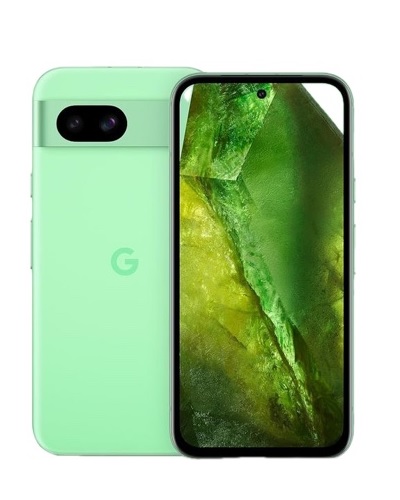
Best mid-range
The Pixel 8a has a stunning design, excellent haptics, and some flagship-level camera tech. It feels and runs like a phone twice its price, truly defining what a phone under $500 can look like.
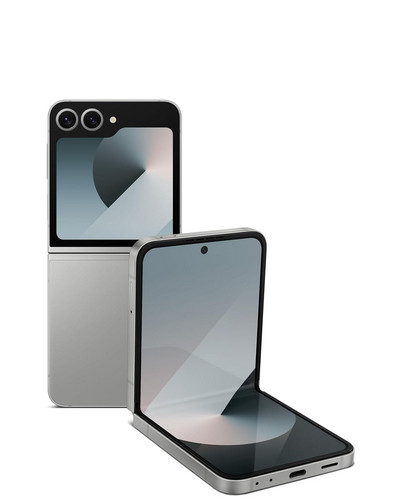
Best foldable
The Galaxy Z Flip 6 has a fast and vibrant 120Hz refresh rate AMOLED display. Despite its folding design, it crams in an IP48 rating and a larger battery than the previous model.
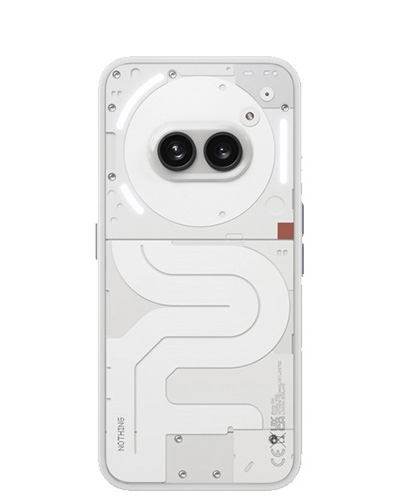
Best on a budget
The Nothing Phone 2a features an eye-catching transparent back design and glyph lights. For the price, it offers very good specs that checks most of the boxes.
Best overall
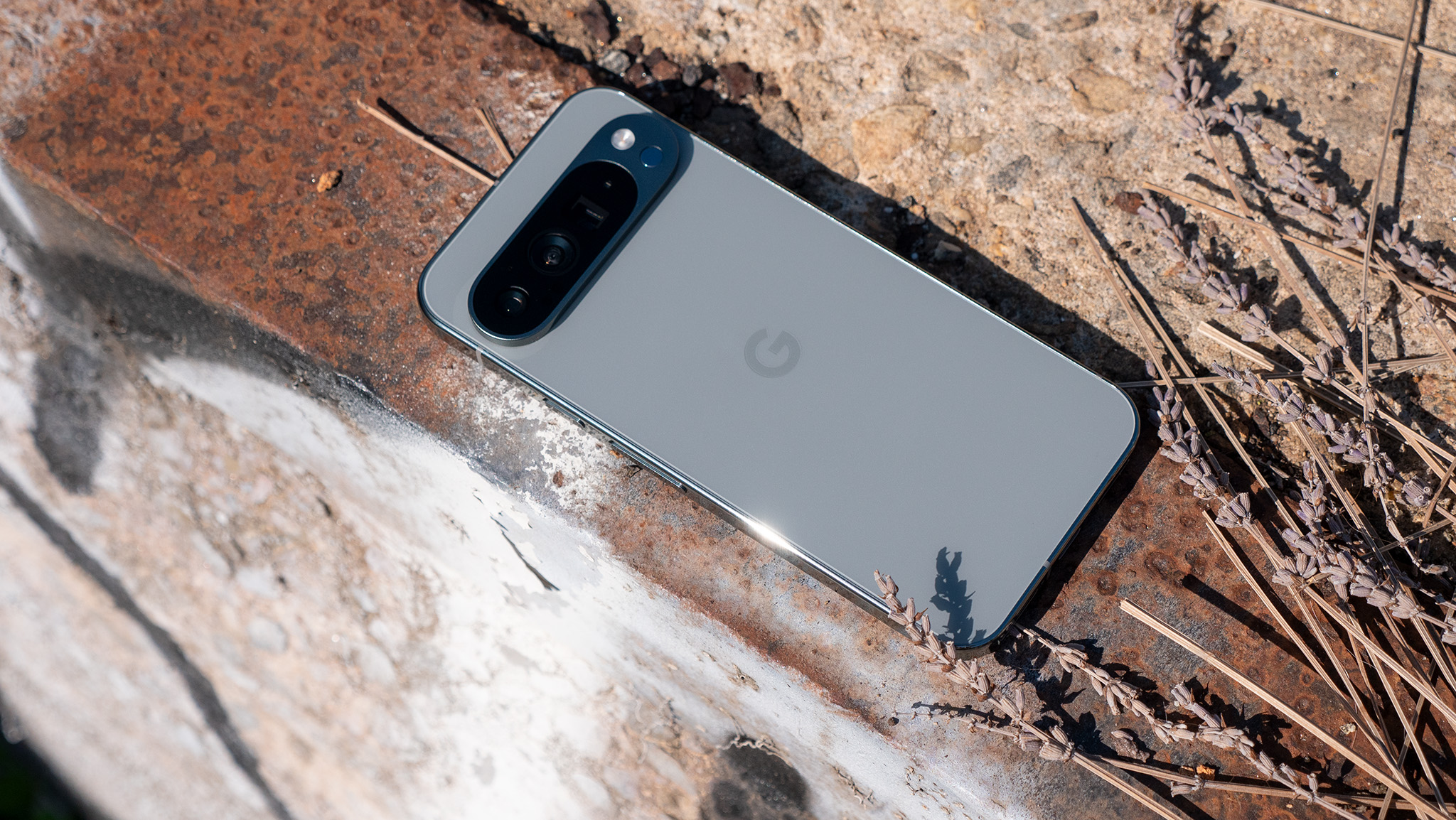
Specifications
Reasons to buy
Reasons to avoid
For several years now, Google has produced flagship phones that expertly balance premium specs and cutting-edge features, and this continues with the Pixel 9 Pro series. For the first time, we have two sizes for the Pro models. The 9 Pro now has similar dimensions as the Pixel 9, only with all the Pro features like the telephoto camera, high-res display, more RAM, and quicker charging. The 9 Pro XL is for those who want a large screen size like the XL Pixel models of the past.
The Pixel 9 Pro ships with Google’s very own Tensor G4 chipset, an ultra-efficient processor that handily powers the phone's AI-powered camera features, and supports both sub-6 and mmWave. This phone also works with Wi-Fi 7 so it can make the most of the latest routers. If you’re looking for a phone that will work great on just about any carrier’s 5G network, the Pixel 9 Pro is a great place to start.
It's not perfect though, as the 9 Pro continues to have the same pains as before. The processor is still not great for competitive gaming, the display has one of the lowest PWM dimming rates, 128GB is still the base storage, and to top it all, it's now more expensive. Having said that, it's not all doom and gloom. The Pixel 9 Pro and the 9 Pro XL have some of the best AI features around, the new design is striking and comfortable in the hand, the cameras have gotten even better, and charging speeds have gotten a boost too.
Best premium pick
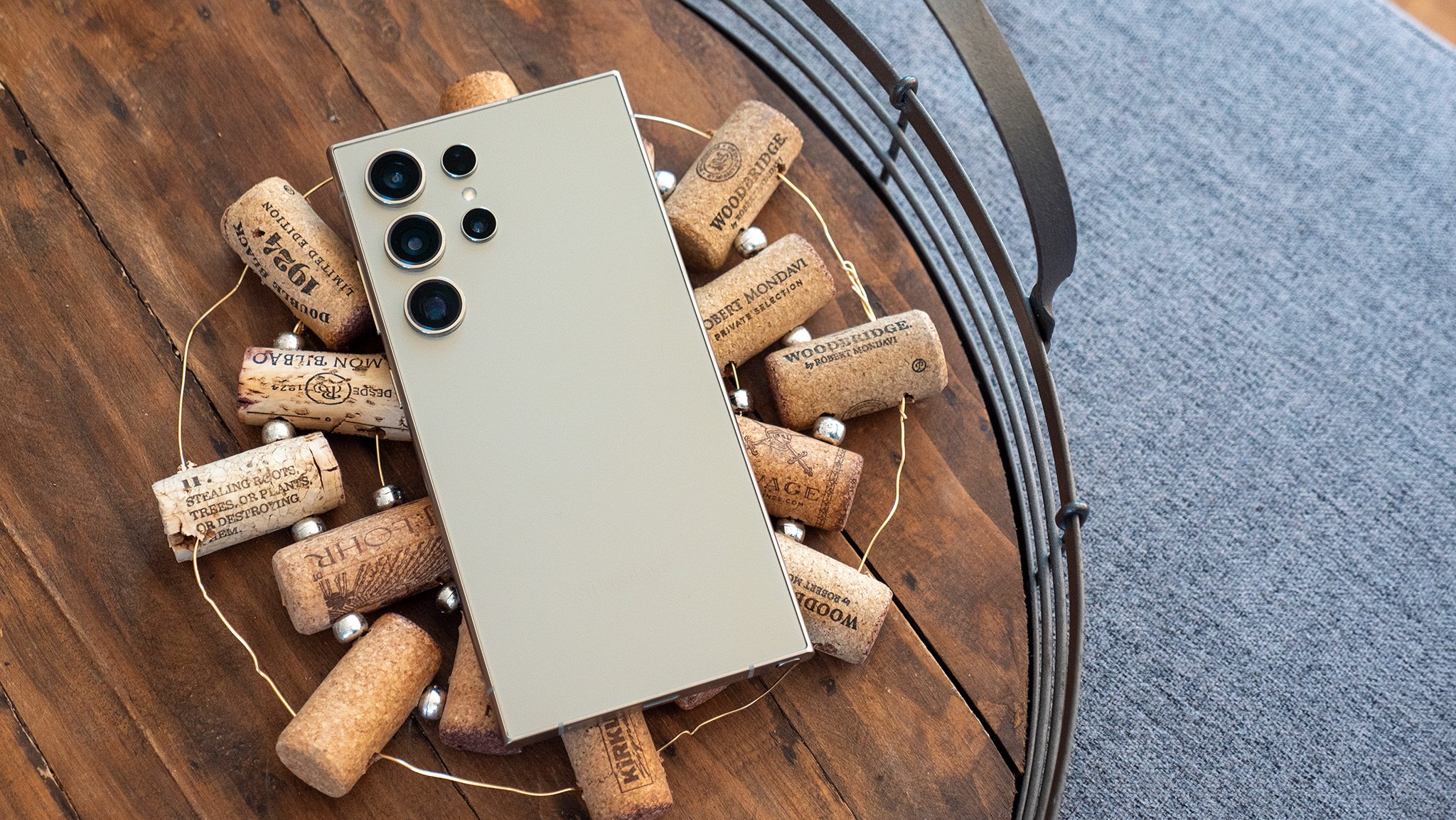
Specifications
Reasons to buy
Reasons to avoid
If you’re someone who likes to play everything from Fortnite to Genshin Impact on their phone without compromising on framerates or quality, the Galaxy S24 Ultra is exactly what you’re looking for. It can keep games locked at 60 FPS and running buttery smooth all without making you feel like you’re holding a hot brick.
The Samsung Galaxy S24 Ultra pairs the super-efficient Qualcomm Snapdragon 8 Gen 3 processor, with a large 5,000mAh battery to deliver outstanding performance, whether you’re gaming, streaming, or surfing the web. You still get the vibrant 6.8-inch AMOLED display with an integrated stylus, plus the robust camera system with a 200MP resolution main camera.
As we noted in our Samsung Galaxy S24 Ultra review, the phone is also set to receive updates for the next seven years, which is probably longer than you'd typically be using it for. Usually retailing for well over a $1,000, the S24 Ultra is far from cheap, but if you want the most powerful 5G phone that money can buy in 2024, this is it.
Best value
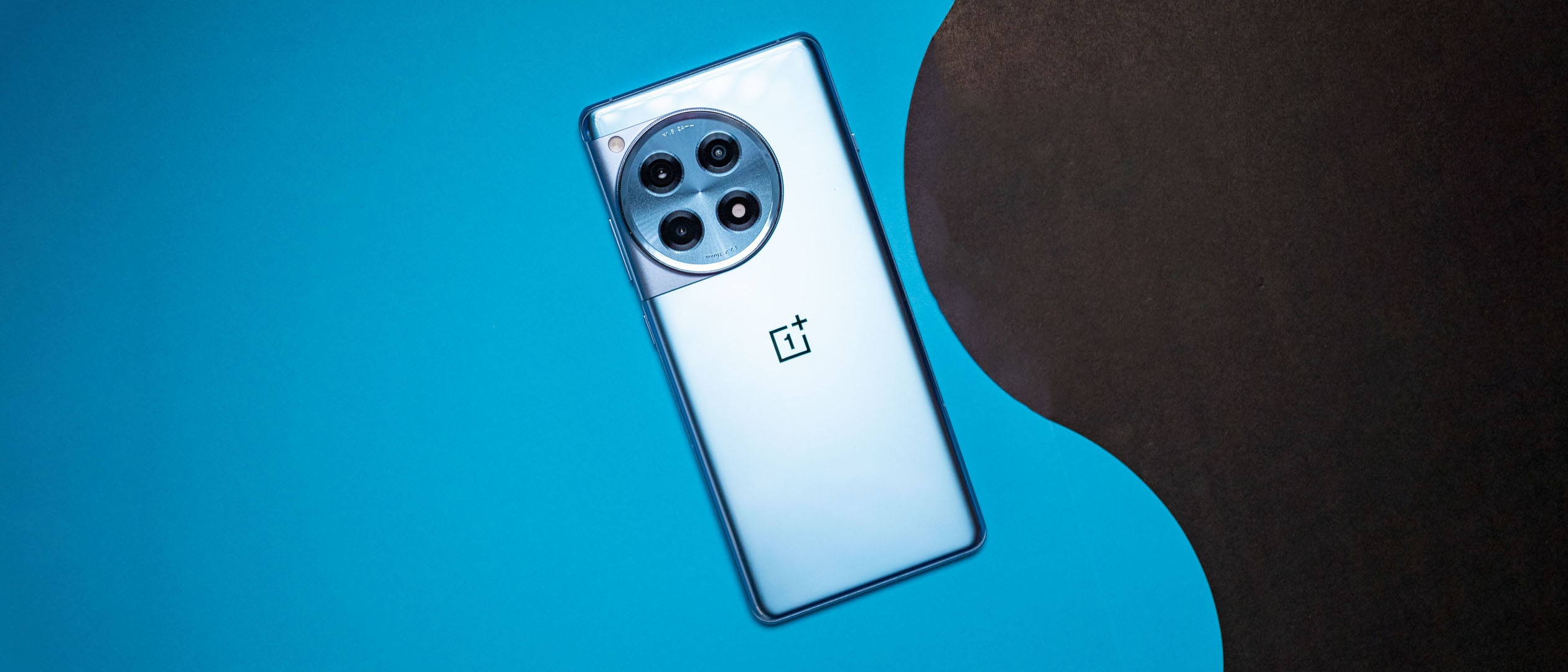
Specifications
Reasons to buy
Reasons to avoid
With a starting price of just under $500, the OnePlus 12R gets you a flagship processor, premium design and build quality, a brilliant AMOLED display, and the quickest charging ever in this segment.
The 12R is the first in OnePlus' R series of phones to finally get a US launch. These phones are typically known for their aggressive specs and low price. We're talking Snapdragon 8 Gen 2, 120Hz LTPO AMOLED display, and 100W wired charging. If that's not enough to get you excited, the 12R follows the same design as the flagship 12.
In our review, we simply loved how the 12R felt every bit as powerful as the OnePlus 12. The main camera really stood out, delivering flagship-grade performance in daylight and low light. The software is also smooth-as-butter, and you're guaranteed to get three software updates. Overall, there's very little to be disappointed about, especially when you consider how much you're paying.
Best mid-range
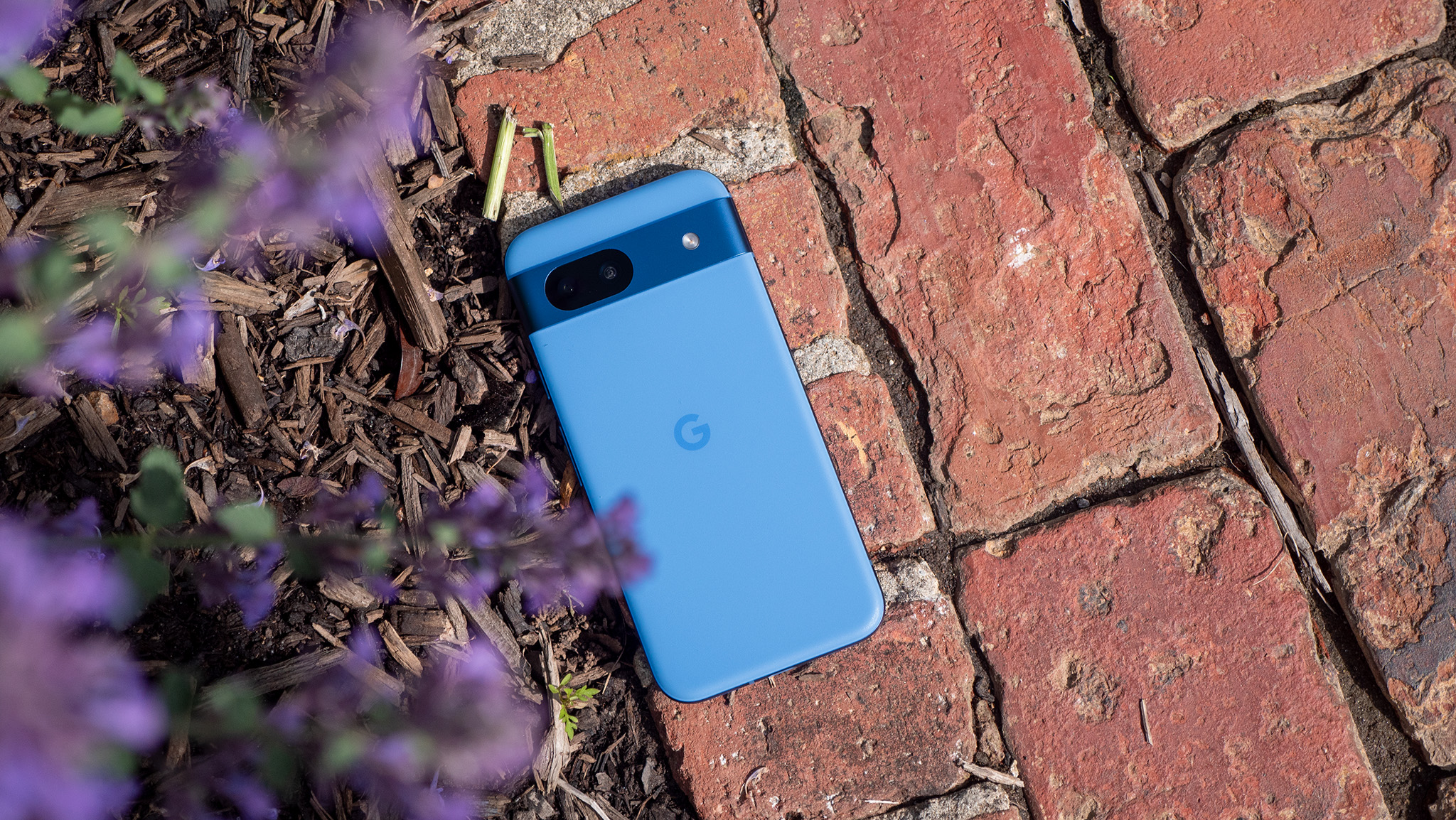
Specifications
Reasons to buy
Reasons to avoid
The Pixel 8a is Google's best budget smartphone yet, thanks to specs like the Google Tensor G3 chipset (the same processor found in the more-expensive Pixel 8 Pro), superb haptics, and camera tech that rivals much more expensive Android phones. In fact, we found that the Pixel 8a performed just as well as the base model Pixel 8 in our review.
You also get Android 14 with all of the usual Pixel-exclusive features straight out of the box, plus seven years of Pixel updates guaranteed. The phone also offers an IP67 rating for dust and water resistance, and it looks slim and stylish, and sports a punchy 6.1-inch Actua OLED display with support for HDR playback and a 120Hz refresh rate. Saldy, this isn't the best display for PWM-sensitive users as we noticed a lot of flicker at lower brightness levels, and there's no built-in solution for this.
The 8a is available in Obsidian, Porcelain, Bay, and Aloe colors, which looks stylish and cool. The slightly larger 4,492mAh built-in battery offers decent battery life, and you even get wireless charging support up to 7.5W. The cameras are probably the main reason to get this though, as this phone captures truly stunning images and videos.
Best foldable
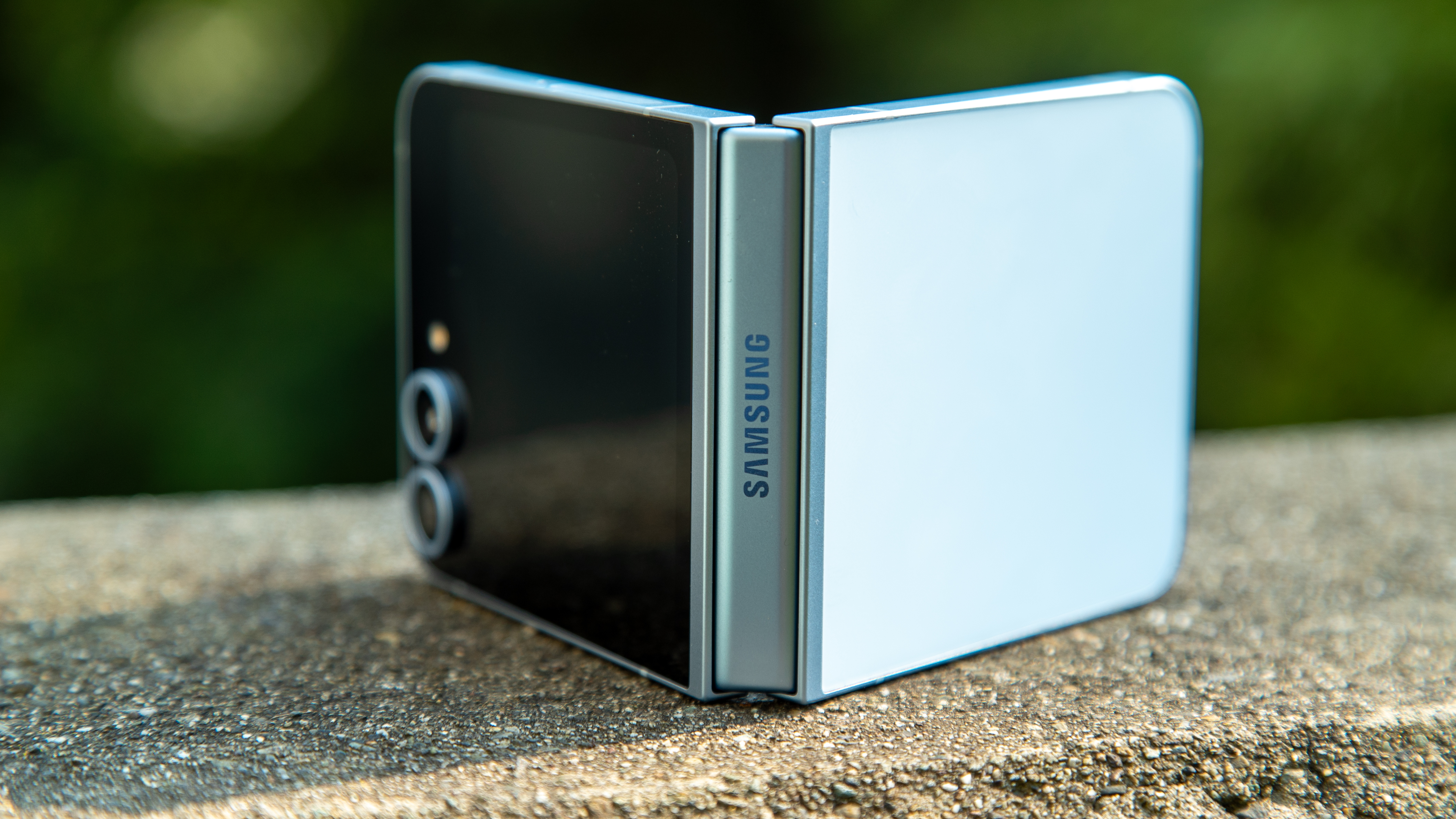
Specifications
Reasons to buy
Reasons to avoid
The Samsung Galaxy Z Flip 6 is not as intimidating as the more expensive Galaxy Z Fold 6, which makes it a good balance for someone looking to enter the world of foldables. The Motorola Razr Plus (2024) is perhaps this phone's biggest rival, but between the two, we'd advise picking the Galaxy for its more robust software update history, and better performance.
Part of the phone’s novelty also lies in its cover screen. The larger and more functional (albeit, still limited) display lets you view notifications without having to open your phone and reply to messages. You also get customizable widgets for the usual standards such as weather and alarms. The Z Flip 6 is incredibly pocketable when closed, making it very easy to carry in your pocket or a little handbag. One of the main praises in our review was its 6.7-inch AMOLED screen, which offered good levels of brightness and gorgeous color vibrancy.
The Z Flip 6 is also aesthetically pleasing as it comes in flashy White, Peach, and Crafted Black colors, and Samsung has some funky first-party accessories for it too. Overall, this foldable offers a lot of functional value and is available with all the main 5G carriers in the US.
Best on a budget
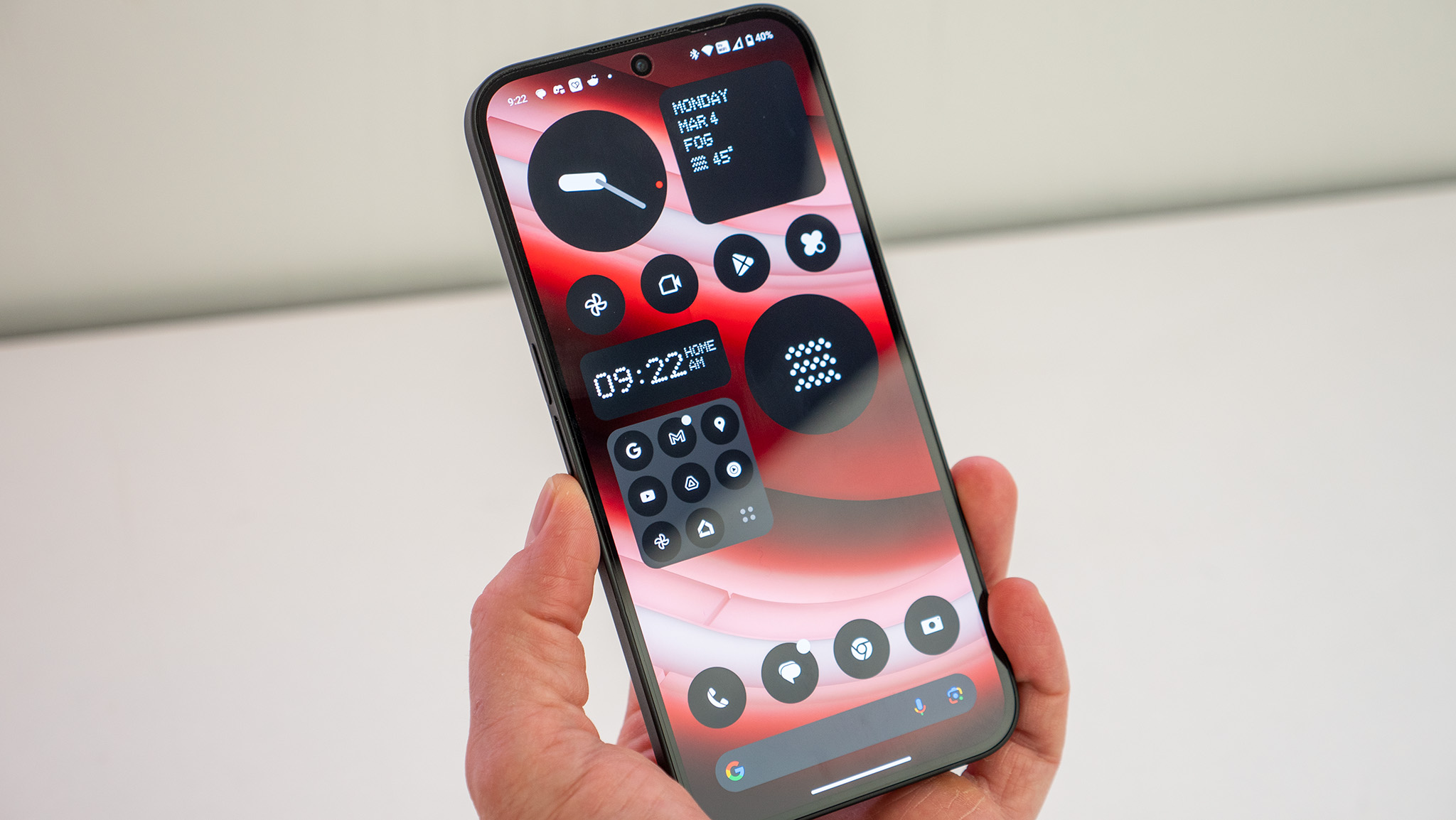
6. Nothing Phone 2a
Our expert review:
Specifications
Reasons to buy
Reasons to avoid
The Phone 2a is Nothing's first-ever budget smartphone, and it carries the same quirky DNA as its pricier siblings. It features a transparent back panel, has meticulous attention to detail, and the Glyph lights on the back are some of the unique features.
The Phone 2a has an efficient 5,000mAh battery with fast charging. The camera specs on paper are also quite good, and from what we've tested so far, they perform very well compared to the other phones of its class. The only catch with the Phone 2a is that you can't buy it outright in the US. However, you can try your luck getting it via Nothing's developer program from its website for $349.
In our brief time using the phone, we're already mighty impressed at what the company has pulled off here. You get fewer LEDs around the camera module for the Glyph lights, but the functionality is still solid. The 6.7-inch AMOLED display is lovely and bright, and colors and brightness levels are satisfactory. The phone is powered by a MediaTek Dimensity 7200 Pro SoC, which is more than sufficient for most use cases. Overall, you get all the main quality-of-life features, reliable performance, and good 5G connectivity at a fantastic price.
If you need a more powerful processor for gaming and don't want to spend a whole lot more, you can check out the Nothing Phone 2a Plus.
How to choose
Choosing a 5G smartphone should be pretty easy these days considering most of the new launches come with 5G support by default. Many manufacturers still use '5G' in the name of their products so you can easily identify if a phone supports 5G or not. In order to get the best 5G experience, it's important to understand how the 5G spectrum is split up, so you can check if your phone can support it or not.
- mmWave or high-band 5G: These bands lie in the 24GHz and above frequency range, and can handle very high-speed 5G data. Premium and flagship Android phones often support these bands. The downside is that these bands can't carry 5G data over long distances, which means carriers need to install more cell towers for good coverage and your phone needs to be within a couple of hundered meters from the tower to get the desired speeds. Also, obstacles like buildings or sign posts can easily affect the signal negatively, thus reducing your 5G speeds. n260, n261, n257 are some of the popular bands in this spectrum.
- C-band or mid-band 5G: Often reffered to as the 'sub-6' specturm, these are all the bands below 6GHz. In the U.S., carriers like Verizon and T-Mobile have significantly increased the use these bands on their networks, as they provide the best balance of speed and range. Bands like n77 and n41 are commonlhy used in U.S.
- Low band 5G: Low band frequencies offer the best range and are useful when trying to provide 5G network in areas where cell towers are not easy to install. Data rates are obviously compromised, which are only slightly better than 4G speeds. These bands are supported by default in every 5G phone.
The best 5G phones aren't just for enthusiasts anymore
Why you can trust Android Central
5G coverage is widespread in the US, and you'll find good network coverage from all the major carriers. In order to take full advantage of this, all of them have phased out 4G phones with all 5G models, across the price range. Whether you're getting your next phone through your carrier or simply buying it unlocked, it's important to have a good 5G smartphone to benefit from fast data connectivity.
The Pixel 9 Pro is an excellent all-round option as it balances price and features beautifully. You'll also be getting Android updates straight from Google, so your device will be the first to get new features and patches. On a similar note, we've chosen the Pixel 8a as our best mid-range offering, as it has flagship-level features, the same priority attention from Google for updates, brilliant cameras, and is one of the best cheap phones you'll find.
If you want the best network speeds and you can afford the $1,000+ price tag, the Samsung Galaxy S24 Ultra is a clear winner, thanks to its impressive hardware design and support for 5G on every carrier. Samsung's commitment to software updates also helps buyers feel confident that they'll be able to use this phone for years to come. The Galaxy Z Flip 6 is our pick for the best 5G folding phone. It's easier to live with as it's more compact than the Z Fold 6, and cheaper as well.
If you don't mind shopping outside your carrier's portfolio for the best unlocked phone, the OnePlus 12R is an excellent value proposition. You get exceptional performance, a superb main camera, a premium design, and 100W wired charging which is hard to beat at its price. Another great budget option that you should get (if you can) is the Nothing Phone 2a. It punches well above its weight, has all the current features that you'd need, and flaunts a design that's from the future.
Get the latest news from Android Central, your trusted companion in the world of Android

After almost a decade of working in the e-commerce space, Patrick Farmer (he/him) began his career at Android Central as a Deals and Commerce Writer before moving into a new role as AC's eCommerce Editor in 2023. When he's not hunting down the best deals and offering shopping advice for our readers, you'll often find him listening to music, camping out at a brewery, or treating his cat like a human child.
- Samuel Contreras
- Roydon CerejoContributor
